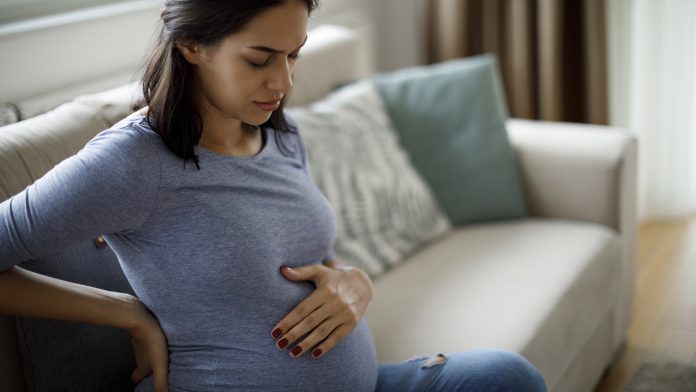
A new study showed that being unvaccinated from Covid in pregnancy increases the likelihood to have poor birth outcomes.
People who contracted Covid in pregnancy were more likely to have poor birth outcomes, including preterm birth, small for gestational age, low birth weight and stillbirth. The poor outcomes of preterm birth and stillbirth were observed primarily with those infected with SARS-CoV-2 during the first or second trimester whereas, increased rates of small for gestational age were driven by third-trimester infection.
The findings were published in the journal The Lancet Digital Health.
Covid in pregnancy
The new study carried by the Institute for Systems Biology examined the electronic health record of more than 18,000 people with a positive test for Covid in pregnancy. Researchers compared the outcomes of unvaccinated people with a positive test during pregnancy, equating to 882 individuals to those who tested negative.
The people involved in the study had a mild or moderate Covid in pregnancy. The severity of the maternal COVID-19 infection did not correlate with gestational age at delivery. Additionally, poor birth outcomes were present even if maternal COVID-19 didn’t result in severe respiratory problems during infection.
“We found that SARS-CoV-2 infection indicated increased rates of preterm delivery and stillbirth, largely driven by first and second trimester infections,” said Samantha Piekos, PhD, first author of the study. She added: “The single greatest predictor of gestational age at delivery is gestational age at infection, with earlier age at infection associated with earlier age at delivery.”
Negative birth outcomes
People in the SARS-CoV-2-positive cohort were more likely to have Hispanic ethnicity, race other than Asian or White, Medicaid insurance, lower age, higher BMI, lower education attainment, and other factors known to be associated with negative birth outcomes when having Covid in pregnancy. To account for this and to make a true apples-to-apples comparison, researchers used a statistical matching technique that controlled for the confounding variables.
“Pregnant people are at an increased risk of adverse outcomes following SARS-CoV-2 infection, even when maternal COVID-19 is less severe, and they may benefit from increased monitoring following infection,” said Jennifer Hadlock, MD, corresponding author of the paper and assistant professor at ISB. “Both maternal and fetal health are at increased risk with COVID-19. Therefore, this reinforces the importance of protecting pregnant women,” she added.
The study was conducted before COVID-19 vaccines were widely available in the United States. There is an opportunity in future studies to examine whether vaccination helps with Covid in pregnancy to prevent negative birth outcomes in breakthrough cases.
If you are pregnant, you are at a higher risk of getting seriously ill from COVID-19. Severe illness from Covid in pregnancy could result in hospitalisation, intensive care, or a ventilator or special equipment to help them breathe. It is now strongly recommended that pregnant people get vaccinated against SARS-CoV-2 for extra protection against Covid in pregnancy. However, if you are unvaccinated, it is recommended by the Centers for Disease Control and Prevention to limit in-person interactions with individuals infected with COVID-19, avoid poorly ventilated areas and wear a mask. Furthermore, they recommend that if you have any symptoms of COVID-19 to contact your healthcare provider within 24 hours.








